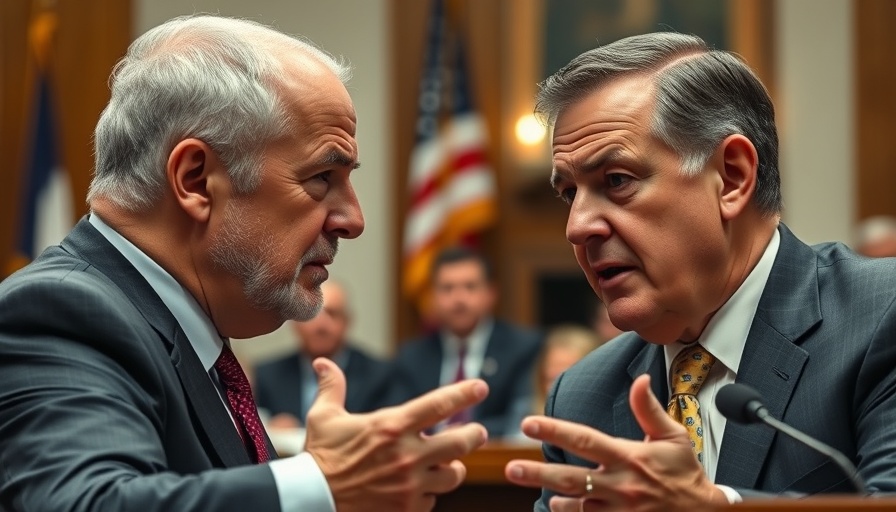
Understanding the Implications of Miscommunication
Recently, President Donald Trump sparked controversy with a series of remarks that intertwined significant historical events, misattributing details of World War I and World War II while addressing reporters at the Oval Office. His comments about how the United States was the sole victor in these conflicts not only distort historical facts, but also raise questions about the President's understanding of American history and the ramifications of his statements on civil rights.
The Importance of Accurate Historical Context
In his comments, Trump appeared to conflate the major victories of the First and Second World Wars, suggesting that without the U.S. intervention, nations would be speaking German or Japanese. This view homogenizes the nuanced contributions of the coalition forces and overlooks the collaborative nature of these global conflicts, which involved many nations fighting together against shared threats. Correctly representing historical events is crucial not just for public knowledge but for fostering an informed citizenry. History serves as a foundation for national identity, and misunderstandings can propagate misconceptions about crucial civil rights movements that arose as a response to these wars.
The Role of Civil Rights in Historical Discourse
Trump's assertion that he would respond to protests with “very heavy force” raises significant concerns about the First Amendment rights of American citizens. The ability to peacefully assemble and speak out against governmental actions is central to democratic society. By threatening suppression of dissent, Trump’s remarks echo historical patterns where civil rights have been undermined during conflicts. Understanding this relationship between governance and civic freedom helps frame modern legal arguments made by civil rights and immigration attorneys, emphasizing the need for advocacy in ensuring that such rights are preserved.
Historical Perspectives in Legal Conversations
As legal and immigration attorneys delve into these matters, they must consider the historical context and contemporary implications of presidential rhetoric. Trump's mixing of facts exemplifies a broader issue seen in conversations around immigration and civil rights. Historical precedents, including the internment of Japanese Americans and the Civil Rights Movement, assert that government narratives have the power to shape social dynamics and influence legal standards. Attorneys can draw on these examples to advocate for justice and challenge potentially oppressive measures.
Seeking Knowledge through Engagement
For attorneys working within the realms of civil rights and immigration, it is vital to interpret not only these moments of miscommunication but to engage with the historical realities that inform public perception and legal standards. By maintaining an informed practice rooted in accurate history, legal professionals can better serve their clients and contribute to the ongoing discourse around rights and freedoms in America.
Encouraging Vigilance in Civil Discourse
In an age where misinformation can spread rapidly, it’s important to maintain vigilance in civil discourse. Both legal professionals and the general public must advocate for truth in historical representation. As with any democracy, a well-informed citizenry remains key to sustaining and enhancing civil rights. By actively engaging in discussions, attending community forums, and pushing for accuracy in political narratives, individuals can make a significant difference.
In a society built upon shared values of freedom and expression, the responsibility lies with each of us to safeguard these rights. Engage with your community, advocate for accuracy, and ensure that every voice is heard.
 Add Row
Add Row  Add
Add 

 Add Row
Add Row  Add Element
Add Element 




Write A Comment